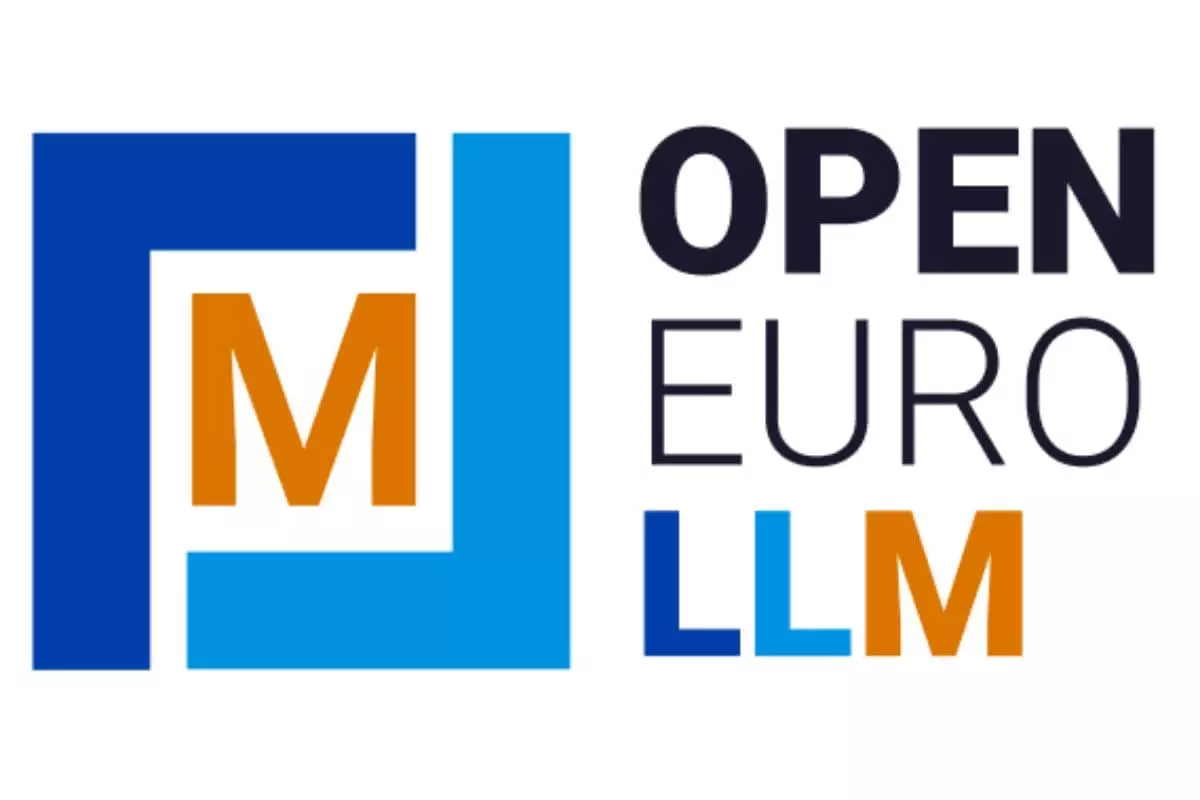The emergence of the OpenEuroLLM Project marks a significant milestone in Europe’s efforts to establish a robust framework for developing open-source artificial intelligence (AI) technologies. Announced on Monday, this initiative has garnered the backing of the European Commission and received the prestigious Strategic Technologies for Europe Platform (STEP) Seal, underscoring its importance within the regional technological landscape. The project’s primary objective is to create a diverse range of multilingual large language models (LLMs) that can seamlessly operate in all languages spoken across the European Union (EU).
The STEP Seal serves as a vital validation tool, distinguishing high-caliber projects that meet stringent quality benchmarks set forth by the Digital Europe Programme. This recognition not only enhances visibility for the OpenEuroLLM initiative but also positions it favorably to attract potential investors. Through a public announcement on X (formerly Twitter), the European Commission emphasized the project’s inaugural achievement, thus setting the stage for further developments. The underlying intention is to craft AI models that are not only advanced in technical capability but also align with the ethical and regulatory standards championed by the EU.
Managed by a collective of 20 significant research institutions, organizations, and EuroHPC centers, the project is spearheaded by Jan Hajič of Charles University, in conjunction with Peter Sarlin from AMD Silo AI. This diverse consortium symbolizes a collaborative approach across various sectors, aimed at harnessing Europe’s collective intellect to advance AI technology. By pooling resources and expertise, the project hopes to ensure the successful development of state-of-the-art models that can serve both commercial and public-sector interests.
A standout feature of the OpenEuroLLM Project is its unwavering commitment to transparency and compliance with EU regulations. The consortium has pledged not only to adhere to existing regulatory frameworks but also to uphold a transparent data procurement process. This commitment includes making training and testing methodologies, as well as evaluation metrics accessible to the public. Such measures are critical, as they facilitate the fine-tuning of these models to cater to specific industry requirements and public service needs.
The anticipation surrounding the OpenEuroLLM Project is palpable, as it promises to democratize access to high-quality AI technologies. By making these multilingual models open-source, European companies will be empowered to enhance their competitiveness on a global scale. Furthermore, public organizations will benefit by being able to deliver impactful services more effectively than ever before. As the project progresses, it is expected to attract further investments, signaling a bright future for European AI initiatives.
Although the timeline for the rollout of these models remains undefined, the excitement surrounding OpenEuroLLM is underscored by its potential to influence not only the tech sector but also society at large. As Europe forges ahead with this project, the implications for AI development, regulation, and ethical use are profound. Stakeholders are eagerly awaiting updates regarding the areas of focus for these models, ensuring that this initiative continues to capture attention in the rapidly evolving AI landscape.

Leave a Reply